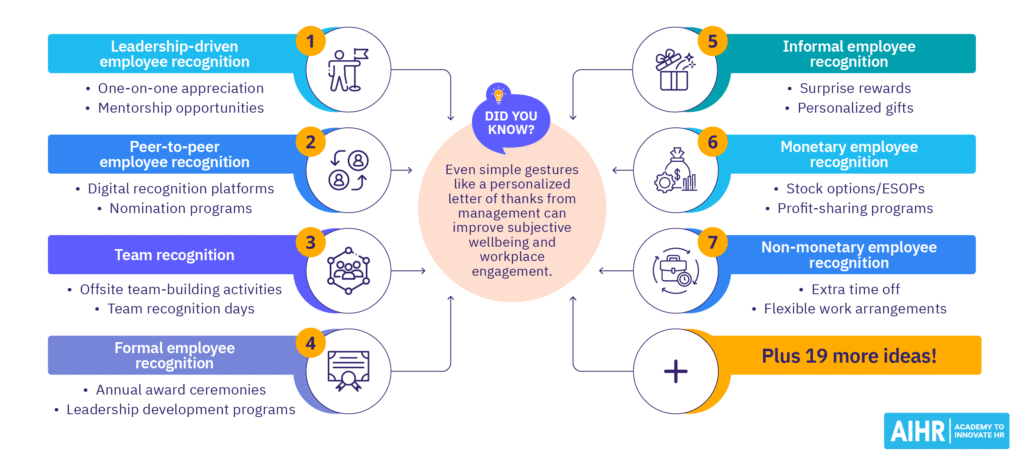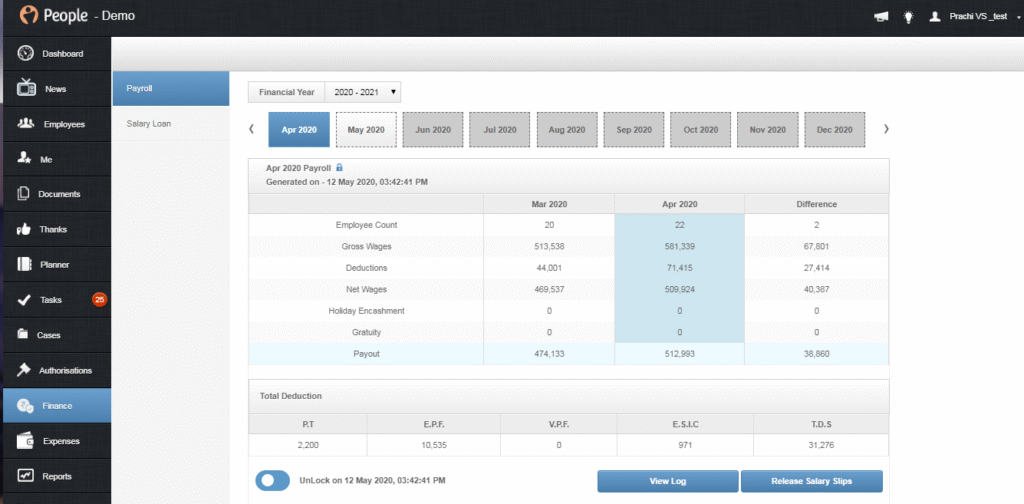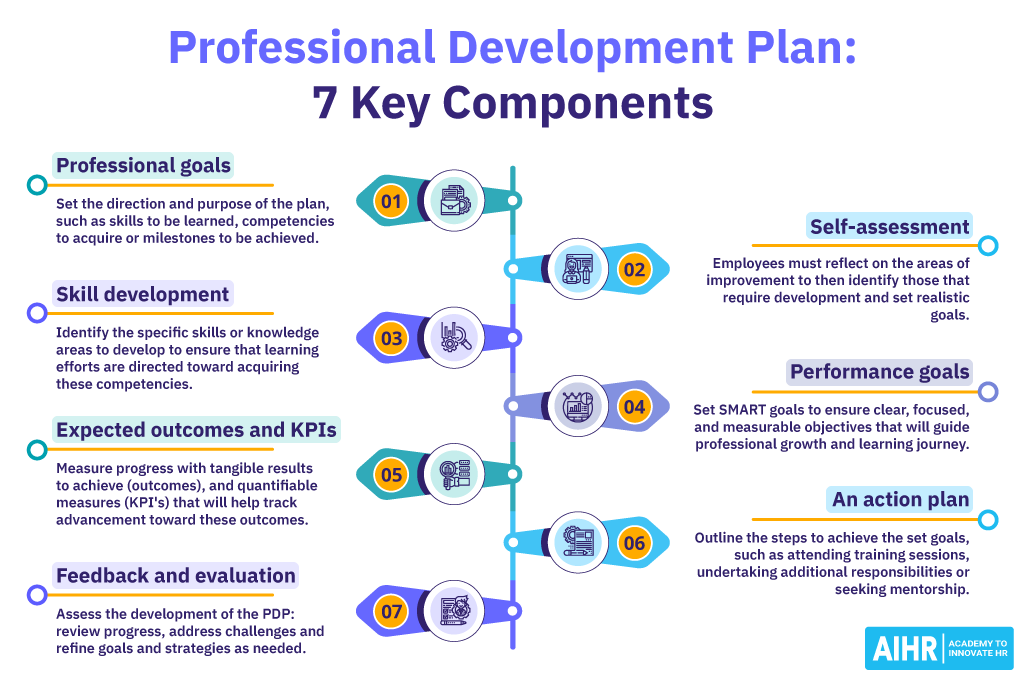Work-life balance is more important than ever, and businesses need to be taking measures to ensure their employees are content in their jobs, or face losing their best workers.
Around one in three UK employees are unhappy, and many even say that they would take a 10.5% pay cut to work for an employer where staff enjoy “above average” levels of happiness.
The reasons for employee unhappiness are clear. As seen in the infographic below, 76% of workers say an overwhelming workload is the main culprit, while 35% say a lack of control over their work makes them miserable.
These statistics can no longer be ignored if businesses want to retain their employees and create a strong workplace culture.

6 Ways to Prioritise Employee Happiness
To create a more enjoyable workplace for employees, here are six ways a business can prioritise the well-being of its workforce:
1. Recognise achievements
However big or small an achievement, there’s no denying that getting some acknowledgement for hard work makes a person feel good.
Being recognised is much more likely to make an employee feel motivated to keep delivering good work and helping out their employer.

There are various ways to show recognition towards employees. For smaller wins, actions as simple as showing gratitude during meetings or sending a message of appreciation can put a smile on the employee’s face.
For larger achievements, whether that be meeting a target or winning a client pitch, monetary recognitions such as bonuses or vouchers are bound to drive motivation.
Introducing an ‘employee of the month’ incentive is another good way to make employees feel valued.
2. Introduce regular pay reviews
Although happiness in the workplace goes much deeper than monthly salary, at the end of the day, money is the reason that employees are there in the first place!
Offering competitive salaries is a tactic used by many leading businesses as it helps draw in the best talent and create a strong workforce.
Once employees have been hired, it is important to continue rewarding good performance with salary increases to prevent them from feeling undervalued and like they could earn more elsewhere.
By choosing an HR software that tracks the salary progression of every employee alongside their performance data, a business is able to see where pay reviews are needed.
These pay reviews should not only be carried out when acknowledging good work, but also to ensure all salaries are growing in line with market trends.

PeopleHR Dashboard Example
3. Adopt a transparent approach
To create a company culture that people want to be a part of, transparency is key. If an employee feels like they are contributing towards the success of a company and have a sense of pride in their work, they are more likely to be happier and more motivated in their role.
The leadership team should be open and honest with employees will make them feel more respected and involved.
If they are aware of any big wins, financial losses, or recruitment struggles that are impacting the overall business, positive or negative, everyone will be on the same page and can work together to execute the strategy.
The more employees feel valued within the company, the more they are likely to get stuck in and want to produce their best work.
4. Invest in professional development
Everyone has their own professional goals, however big they may be. If an employee feels as if they are stuck in a dead-end role that is not helping them grow their skills or take on more responsibility, they are likely to feel unfulfilled and consider a new job.
Offering employees opportunities to attend training courses or learn new skills in areas that interest them is bound to improve job satisfaction and keep them happy within the company.

These opportunities can be virtual courses that lead to professional certifications or even internal mentorship programmes across different departments within the business.
As well as helping employees feel a sense of progression within their role, it offers benefits to the business too.
The skills that are learnt during these opportunities will be used within the workplace, bringing in new outlooks that can help the business grow.
5. Create a tight-knit team dynamic
If an employee has made friends within the company and works as part of a tight-knit team, they are bound to be much happier going to work.
A business should facilitate a strong team dynamic by encouraging collaboration and communication across departments.
Having a good collaboration tool that makes it easy to speak with others, even if working away from the office, is important so everyone within the company can feel integrated and involved.
Hosting regular team-building events is another great way to build working relationships.
Whether the business hosts on-site activities or arranges off-site visits, this gives employees the chance to chat outside of the working environment and get to know their colleagues on a more personal level.
6. Facilitate flexible working styles
The days of traditional 9-to-5 office working are long behind us. Nowadays, work-life balance has become more of a priority for employees, and people are seeking hybrid working opportunities.
Allowing employees the option to work from home can create greater job satisfaction as they have to worry less about commuting, managing their personal lives, and feeling as if they have no time in the evenings.
If a business is not able to facilitate remote working, offering a level of flexibility can go a long way.
If working remotely is part of your strategy, using an Insightful platform can help track productivity and engagement effectively.
For example, if an employee has a medical appointment or needs to take their car to the garage, being able to do so and then make up the lost hours later in the day will help them better manage their personal life.
Create a Long-Term Contentment Culture in 2025
Businesses ensuring that their employees are happy at work is not a perk, but a necessity.
In such a competitive landscape, people are continually seeking better opportunities, and if an employer fails to create a strong work environment, turnover is going to increase.
By acknowledging achievements, carrying out regular pay reviews, embracing transparency, investing in professional development, creating a tight-knit team, and offering flexible working options, a business is bound to see a change.
Taking a step back and looking at a business from a human perspective will help employers see what changes need to be made to improve employee contentment – before it’s too late!









